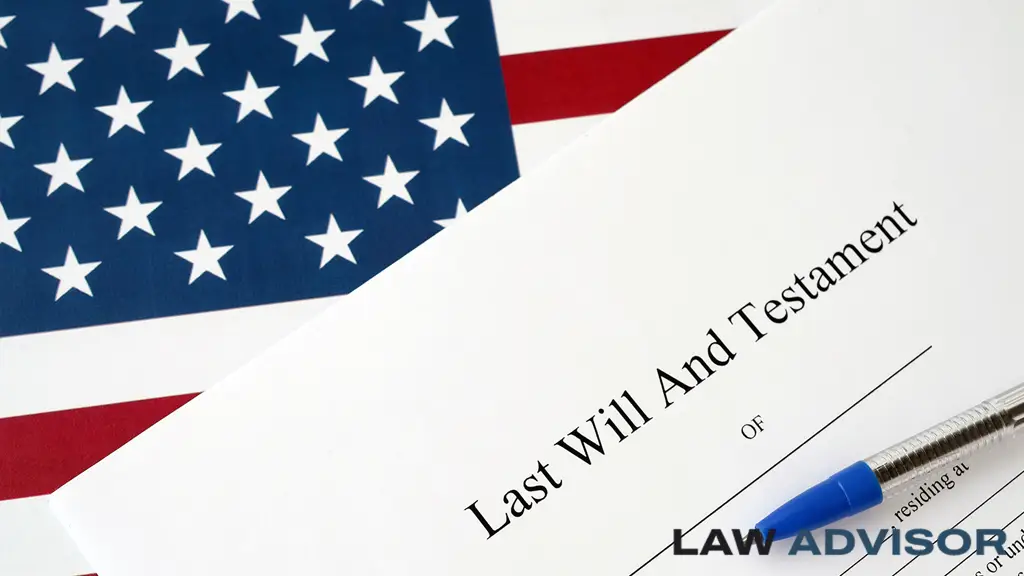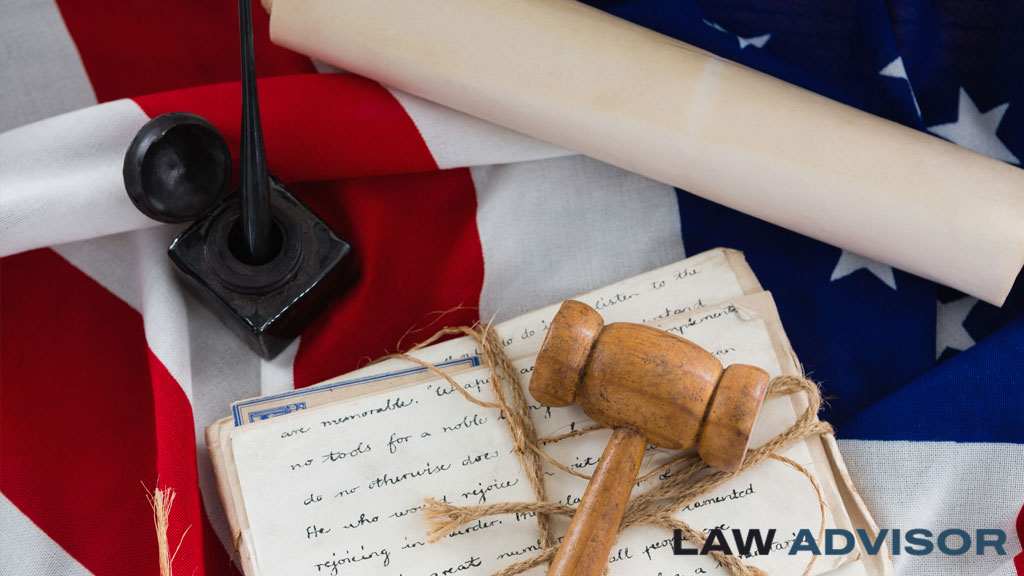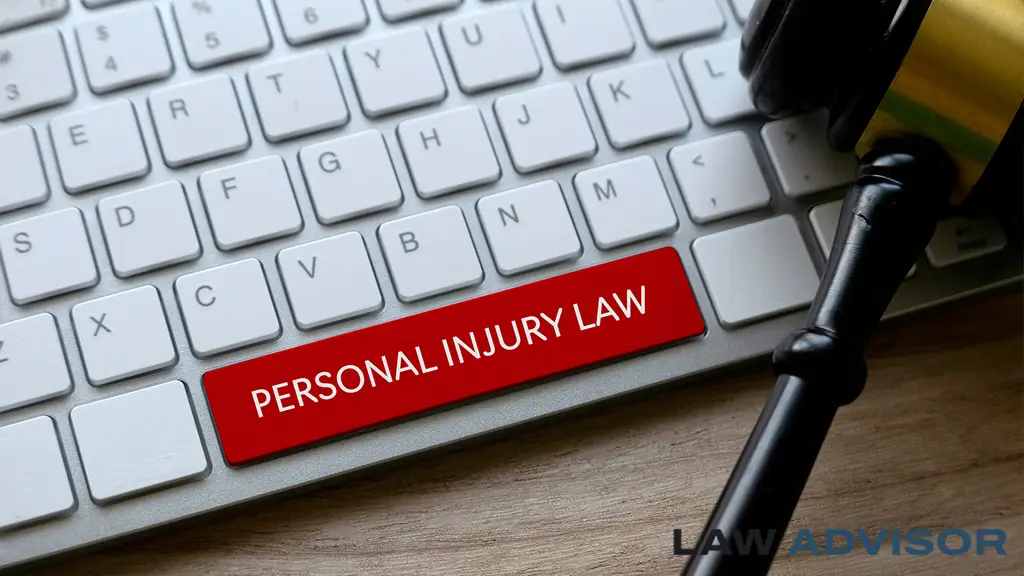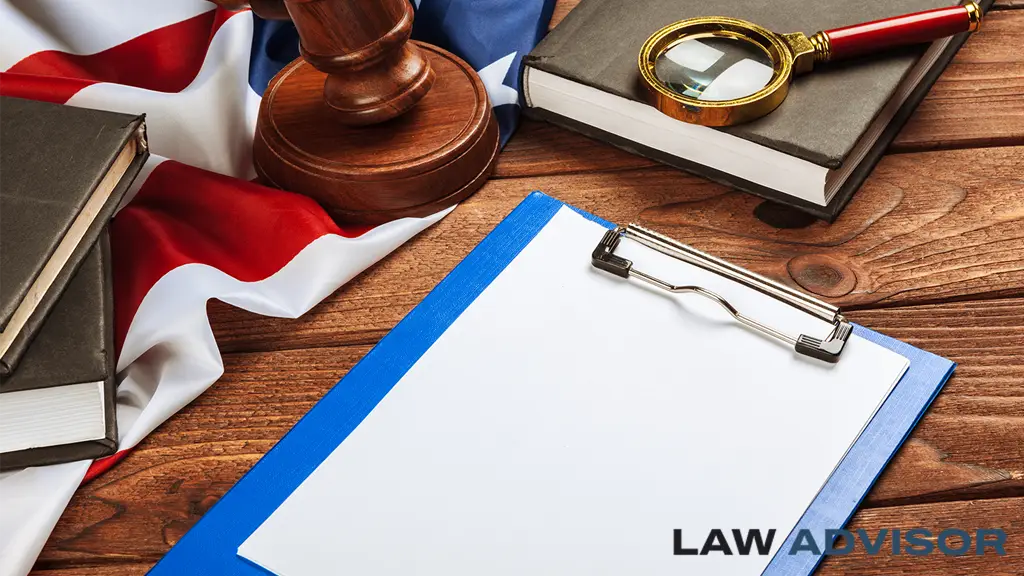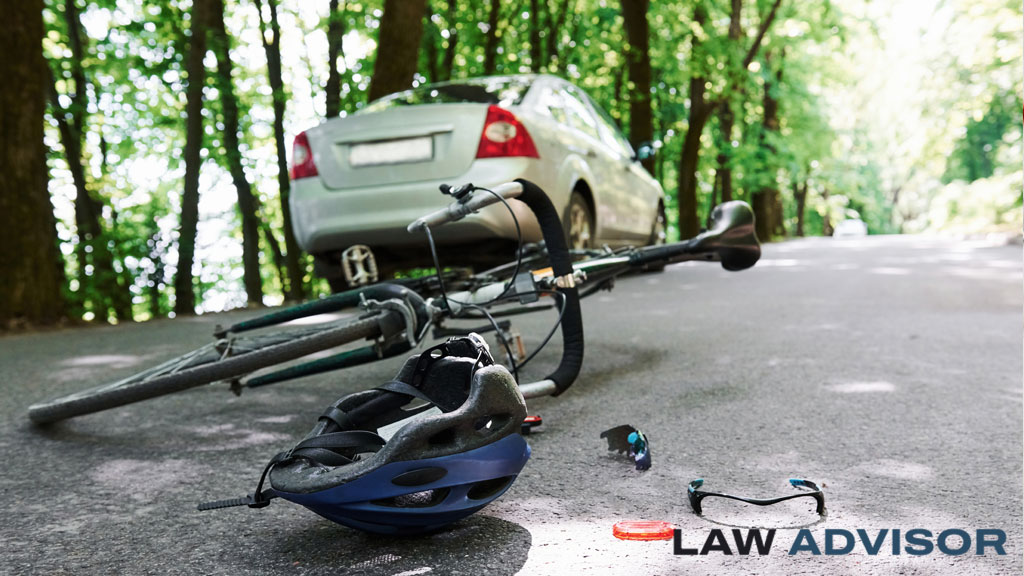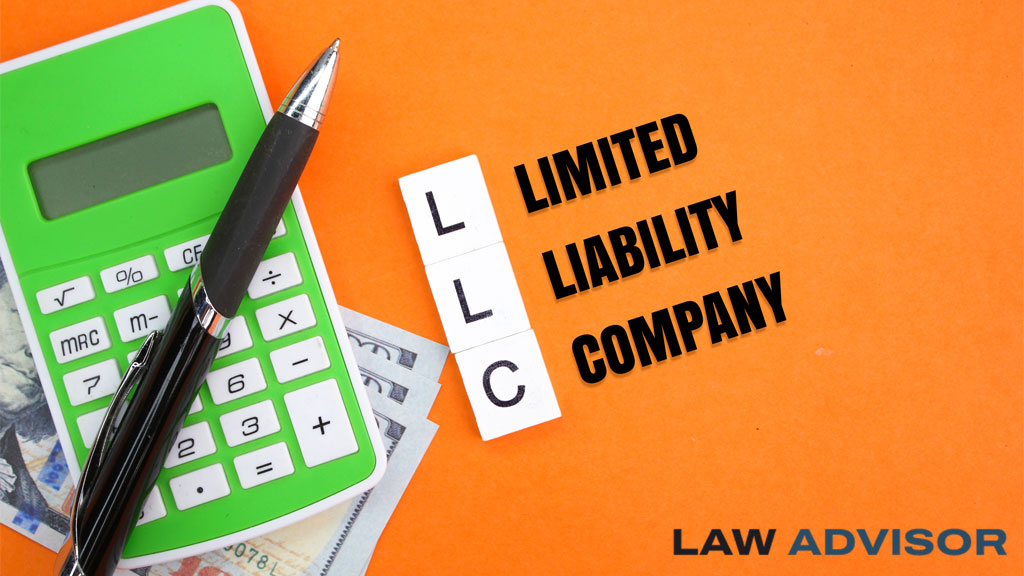Creating a will might seem like something you can put off — or something that requires a lawyer and a lot of money. But here’s the real question: Can you write your own will legally and effectively?
The short answer? Yes — but there are serious pros and cons.
In this comprehensive guide, we break down DIY wills vs lawyer-prepared wills, helping you understand when it’s safe to go solo and when you absolutely shouldn’t. We’ll walk you through the legal basics, the risks, and how to make the smartest decision for your future — and your family’s.
🧾 What Is a Will?
A will (also called a last will and testament) is a legal document that explains what happens to your property and possessions when you die. It also lets you:
- Name a guardian for your minor children 👶
- Choose an executor to carry out your wishes 🧑⚖️
- Decide how debts and taxes should be handled 💵
- Leave gifts to family, friends, or charities 🎁
Without a valid will, your estate will be distributed based on state intestacy laws — not your personal wishes.
✅ Can You Legally Write Your Own Will?
Yes — in all 50 U.S. states, adults (usually 18+) of sound mind can create their own will, without a lawyer. But to be valid, it must meet specific legal requirements:
General Requirements for a Valid Will:
- It must be written (handwritten or typed)
- It must state clearly that it’s your will
- You must sign it
- You must have it witnessed (usually by 2 adults who aren’t beneficiaries)
- In some states, you can notarize it for extra protection
🧠 Note: “Holographic wills” (entirely handwritten) are accepted in only some states, and they still need to meet strict criteria.
🛠️ DIY Wills: Pros and Cons
✔️ Pros of Writing Your Own Will
- Cost-Effective 💸
DIY options (like templates or online services) cost far less than attorney fees. - Quick and Convenient ⏱️
You can write one in a day, on your own schedule. - Good for Simple Situations ✅
If your estate is small and straightforward (e.g., no children, few assets), a DIY will may be enough.
❌ Cons and Risks of DIY Wills
- Easily Invalidated ❌
Miss one legal formality and your will may be declared invalid in court. - No Legal Advice 📉
You won’t get help with tax implications, inheritance laws, or potential disputes. - Outdated Templates 📎
Free or cheap online forms might not reflect your state’s current laws. - Lack of Clarity = Conflict ⚔️
Vague wording can lead to confusion, delays, or even lawsuits among family members.
⚖️ Lawyer-Created Wills: Pros and Cons
✔️ Pros of Hiring a Lawyer
- Tailored to Your State and Situation 📍
A lawyer ensures your will complies with state-specific laws. - Advice on Complex Estates 💼
If you have a blended family, business, high net worth, or disabled dependents — hire a pro. - Minimizes Disputes and Challenges 👨⚖️
Well-written legal documents reduce the risk of court battles after you’re gone. - Incorporates Other Estate Tools 🧾
Attorneys can help you create trusts, powers of attorney, and healthcare directives too.
❌ Cons of Hiring a Lawyer
- Higher Cost 💰
Depending on complexity, a will prepared by an estate attorney may cost $300 to $1,500+. - Time-Consuming 📅
Appointments, drafts, and revisions can take days or weeks.
🧠 When Is It OK to Write Your Own Will?
DIY wills may be a good option if:
- You’re single or married with no children
- You have minimal property
- You’re leaving everything to one person
- You’re not worried about taxes, trusts, or complex distributions
- You’re confident in your ability to follow the legal requirements
✅ Pro tip: If you go the DIY route, use a reputable service with state-specific templates and always get it witnessed properly.
❗When You Should Definitely Use a Lawyer
You shouldn’t DIY if:
- You own real estate in multiple states
- You have minor children or stepchildren
- You’re part of a blended family
- You have a high-value or complex estate
- You want to create a living trust
- You’re concerned about inheritance disputes
- You or your spouse is a non-U.S. citizen
👨⚖️ Complex lives require careful planning — and legal guidance.
💼 What About Online Will Services?
Platforms like Trust & Will, LegalZoom, and FreeWill offer middle-ground solutions.
Pros:
- Guided templates
- More affordable than hiring a lawyer
- Some include review by licensed attorneys
Cons:
- Not always state-specific
- Limited ability to customize
- May not include other important estate documents
📆 Update Your Will Regularly
Even the best will becomes outdated if your life changes. Update your will if:
- You get married or divorced 💍
- You have children or grandchildren 👶
- You move to another state 🗺️
- Someone named in the will dies ⚰️
- Your assets change significantly 💼
🧠 You May Wanna Check Out:
- When and Why You Should Update Your Will
Life changes fast — here’s how to keep your will up to date and valid. - How to Choose an Executor for Your Will
Learn what an executor really does and how to pick someone who’s up to the task. - What Happens If You Die Without a Will?
Discover how intestacy laws work and who gets what if you leave no legal instructions.
🧾 Final Thoughts: The Best Will Is a Valid One
At the end of the day, having any will is better than having none — but the best will is one that’s valid, clear, and enforceable.
If your situation is simple and you’re confident in the legal requirements, a DIY will might be just fine. But when in doubt, talk to a professional. The cost of doing it wrong could be far higher than the cost of doing it right.
🛡️ Your will is your final message to the people you love — make it count.

